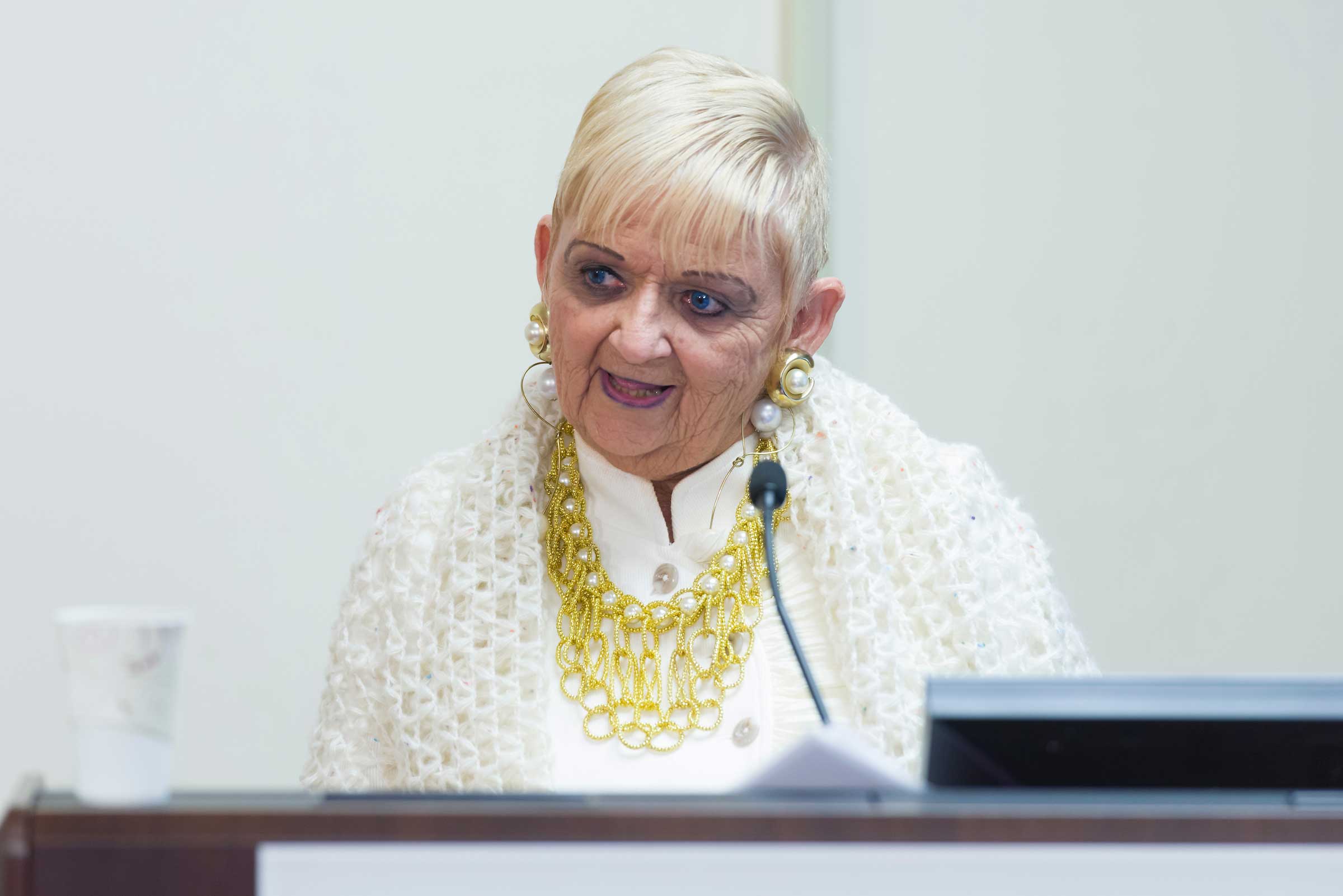<< Back
‘You’ll Never Work Again’: How Karen Kangas Became A Voice For Recovery

September 22, 2017
For Karen Kangas, the Behavioral Health Network’s new Director of Recovery and Family Affairs, hope is the best tool you can give a person battling addiction and mental illness.
She speaks from experience. Kangas is in recovery herself and has spent the past 25 years advocating for people with mental health and substance abuse disorders and sharing her story of recovery.
Kangas had a comfortable career as an elementary school principal before mental illness and addiction took hold. She lost her job in education, was diagnosed with bipolar disorder and became addicted to alcohol, which she says she used for self-medication. It was a low point for Kangas, and she knew she needed help to get her life back on track.
While spending time in rehabilitation in Colorado, she had an epiphany.
“The doctor told me I’d never work again,” she says. “I said, ‘No.’ The time is now. I absolutely decided that I was going to start sharing my story and fighting for the rights of people [with a mental health disorder and substance abuse].”
Kangas says it was the influence of the many people she met in treatment that helped her arrive at that life-changing decision.
“The people who influenced me the most were people who had similar experiences,” she says. “They said to me, ‘You can work again,’ ‘you can have a life.’ That’s the message I have for people today.”
While back in Connecticut visiting family, Kangas saw an ad in The Hartford Courant for an agency seeking “a person with a history of mental illness.” She applied for the position at Fairfield Hills, the former state psychiatric hospital in Newtown, and began her career in recovery. Over the years, she served in various roles at the Department of Mental Health and Addiction Services, most recently as DMHAS Director of Recovery Affairs and a member of the Commissioner’s Executive Leadership Team before her retirement in 2006.
After retirement, Kangas served as the executive director for Advocacy Unlimited, where she developed the Recovery University curriculum to teach others in recovery to become peer support specialists. In her new role with the Behavioral Health Network, Kangas will use her experience to assess Behavioral Health Network programs and services to ensure they are recovery-focused.
Pat Rehmer, the Hartford HealthCare Behavioral Health Network President and former DMHAS commissioner, says Kangas is a proven leader in the recovery field and a tireless advocate for those with mental health and substance use disorders.
“I witnessed her strengths and her energy firsthand at DMHAS. Karen is the conscience of our leadership group, always reminding us to stay focused on the needs of our clients,” Rehmer says.
Rehmer says there is a need to have more people in active recovery, like Kangas, working in behavioral health.
“People in recovery see things through a different lens and, because of their success, are able to bring a significant amount of hope to people with substance abuse and mental health disorders. Through them, clients see that they can be employed and have very productive lives during recovery,” Rehmer says.
Rehmer points to the success of the recovery coach program in emergency departments at Backus and Windham hospitals. The recovery coaches, all in active recovery themselves, respond to overdoses and other drug-related emergencies 24 hours a day, seven days a week and connect patients to care and services after their visit to the ED. Rehmer says more than 95 percent of patients are receiving follow-up care under the program, which will expand to MidState Medical Center and the Hospital of Central of Connecticut this fall. Peer recovery support specialists also have been added at the Institute of Living, Rushford and soon Natchaug, Rehmer says.
Kangas says she wants to make sure that people in recovery have a strong voice when it comes to care.
“For so long people just said, ‘Stop using’ or, ‘Take this pill and you’ll be OK,’” she says. “There’s much more to it than that. We need compassion. We need support. We need tools [to recover]. But the number one thing we need is hope, the hope that we really can get our lives back together.”
Read more: How Recovery Coaches Can Reshape the ER
To learn more about recovery services, visit our Hartford HealthCare Behavioral Health Network website.